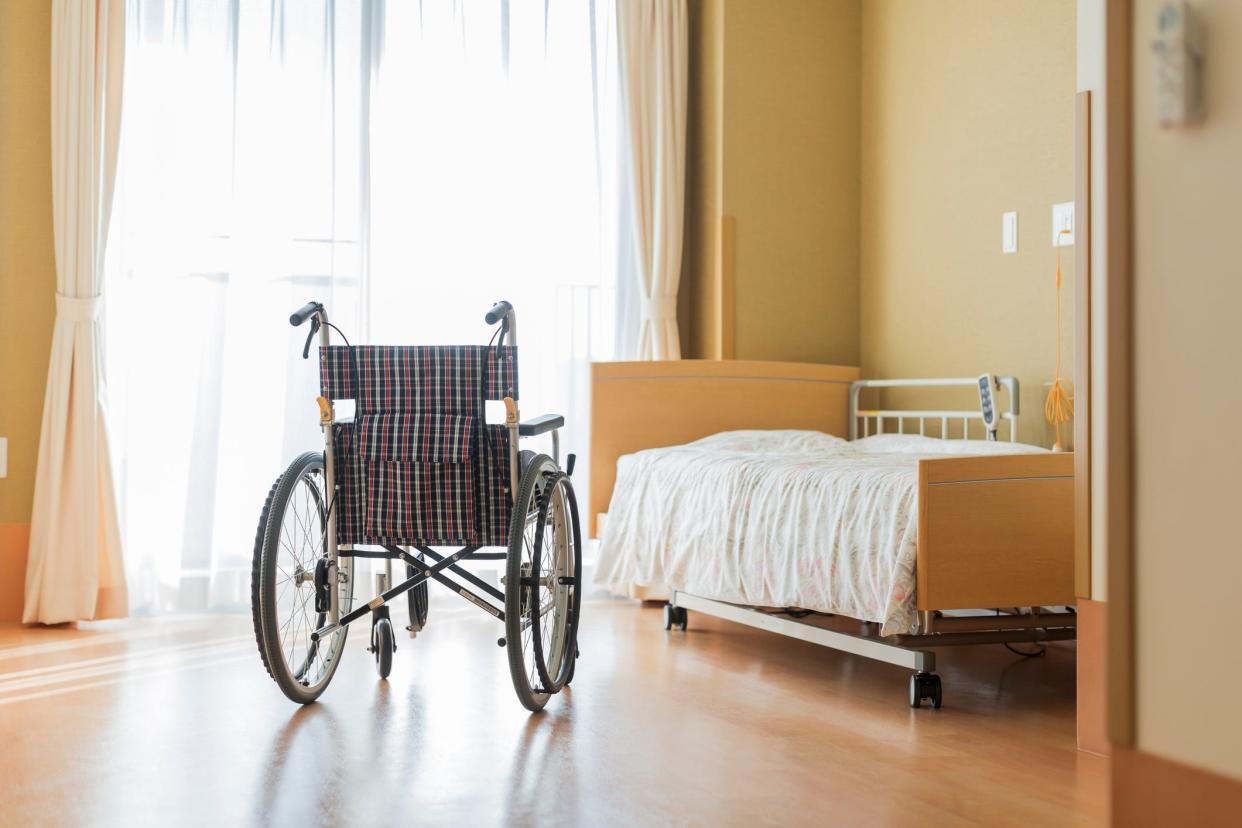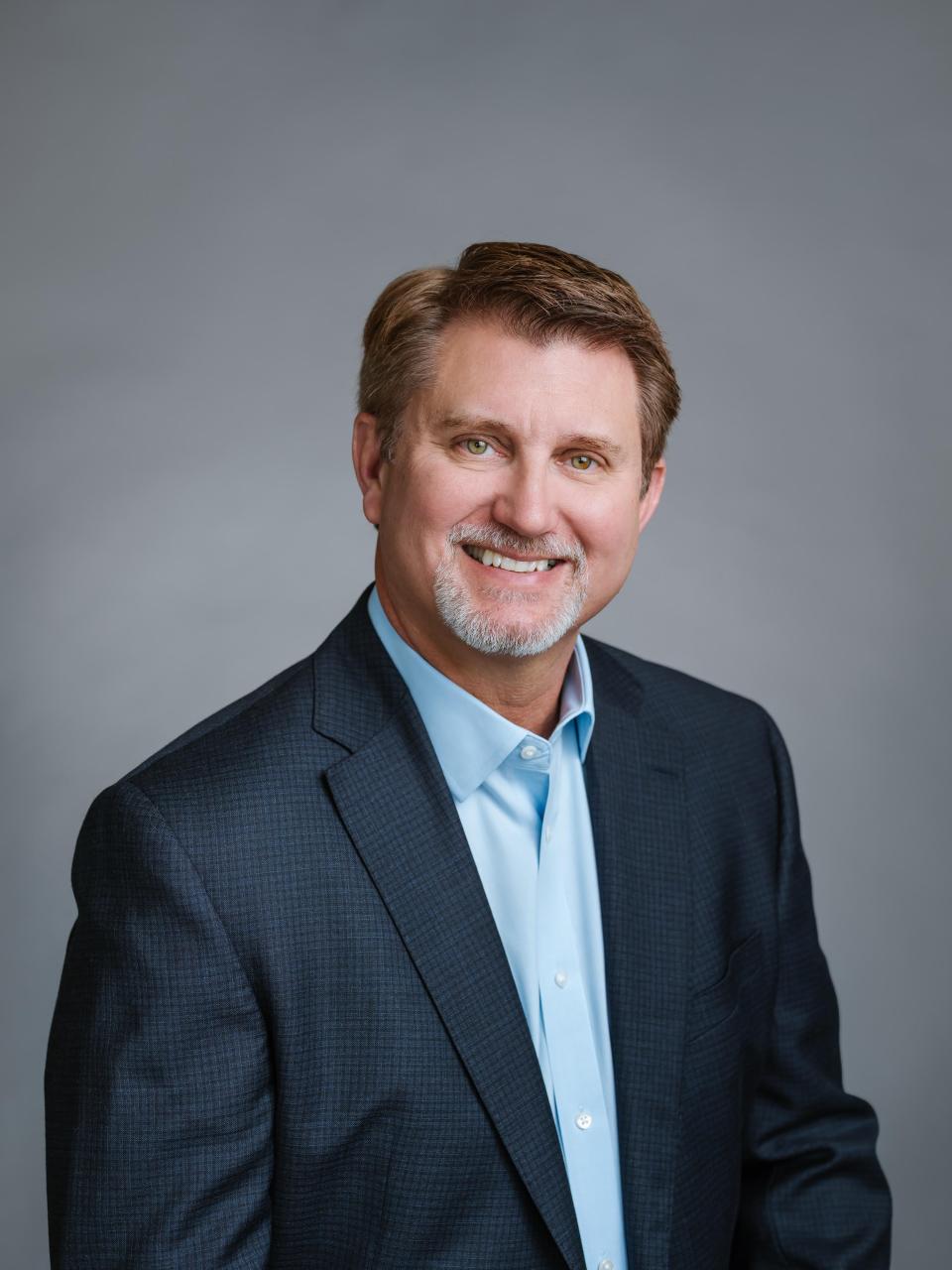Stakes for older Ohioans could not be higher as nursing homes struggle with nurse shortage

Tony Braswell is president and founder of Gale Healthcare Solutions, a digital platform that connects health care providers with nursing professionals across 40 states.
Older Americans in hospitals, nursing homes and other health care settings are facing challenges, due to a shortage of nurses.
Ohio Gov. Mike DeWine and U.S. Sen. Sherrod Brown deserve credit for focusing on the nursing crisis.
The governor’s Nursing Home Quality and Accountability Task Force held listening sessions around the state earlier this year and is already prompting change. Brown sponsored legislation that would create national minimum staffing levels for nurses in hospitals.
More: Ohio nursing homes are still dealing with a staffing shortage: Just how bad is it?
Solving this crisis is going to require sustained commitment and innovation.
The stakes for older Ohio residents could not be higher. Ohio has nearly 960 nursing homes — only two other states have more. Yet Ohio ranks 39th in the latest overall quality ratings by the Centers for Medicare and Medicaid Services. As the governor has emphasized, 40% of Ohio nursing homes have had a decline in their overall rating since 2018.
As the nation emerges from the pandemic that strained health care facilities and exacerbated the nursing shortage, more than 30% of Ohio’s nursing homes are still battling staffing challenges. A recent report in the Wall Street Journal cited staffing shortages as one of the factors causing 600 nursing homes to close their doors over the past six years.
Meanwhile, the demand for nurses continues to increase. The state’s population of those 60 and older is expected to grow four times faster than the overall population between 2020 and 2040. These older residents are going to require more care and support.
Additional funding and attention to appropriate staffing levels are critical pieces to solving this crisis. But we also need to find ways to empower nurses, so nurses stay on the job and others are attracted to the profession.
As with many challenges, today, technology can help.
Digital platforms have emerged for the health care industry that instantly connect health care providers with nurses who are available for open shifts.
Providers post their staffing needs on an app, nurses using the app open their smartphone, review their options and select shifts that work for them. This on-demand model is transforming health care staffing, bringing far greater efficiency and better service for providers, workers, and ultimately the patients who rely on them for care.
In Columbus, for example, nearly 1,000 nurses and nursing assistants use the Gale app to get alerts about open shifts. Nationwide, nearly 70,000 nursing professionals are using the platform. Shifts get filled in minutes, enabling people to get the care they deserve.
These platforms can empower nurses to create a flexible work schedule and still get the protections of traditional employment. After three decades in the health care staffing industry, I believe strongly that nursing staff filling temporary shifts should be employees. They are working in highly regulated facilities, subject to supervision and control.
Unfortunately, some newer platforms treat these essential workers as independent contractors to avoid employee-related costs.
This model puts health care providers, nursing staff, and patients at significant risk. Nurses and nursing assistants, for example, lose their rights to overtime, workers compensation insurance, unemployment and other benefits.
Nurses providing bedside care to our loved ones are not independent contractors. They deserve the longstanding protections that come with W2 employment.
It is time to encourage older Ohioans to adopt healthy habits and behaviors, as well as recognize the importance of nurses and the need for policies and innovations that can grow - and protect - this vital workforce.
Our seniors and many others depend on it.
Tony Braswell is president and founder of Gale Healthcare Solutions, a digital platform that connects healthcare providers with nursing professionals across 40 states.

This article originally appeared on The Columbus Dispatch: What can be done about Ohio's nursing home nurse crisis?

